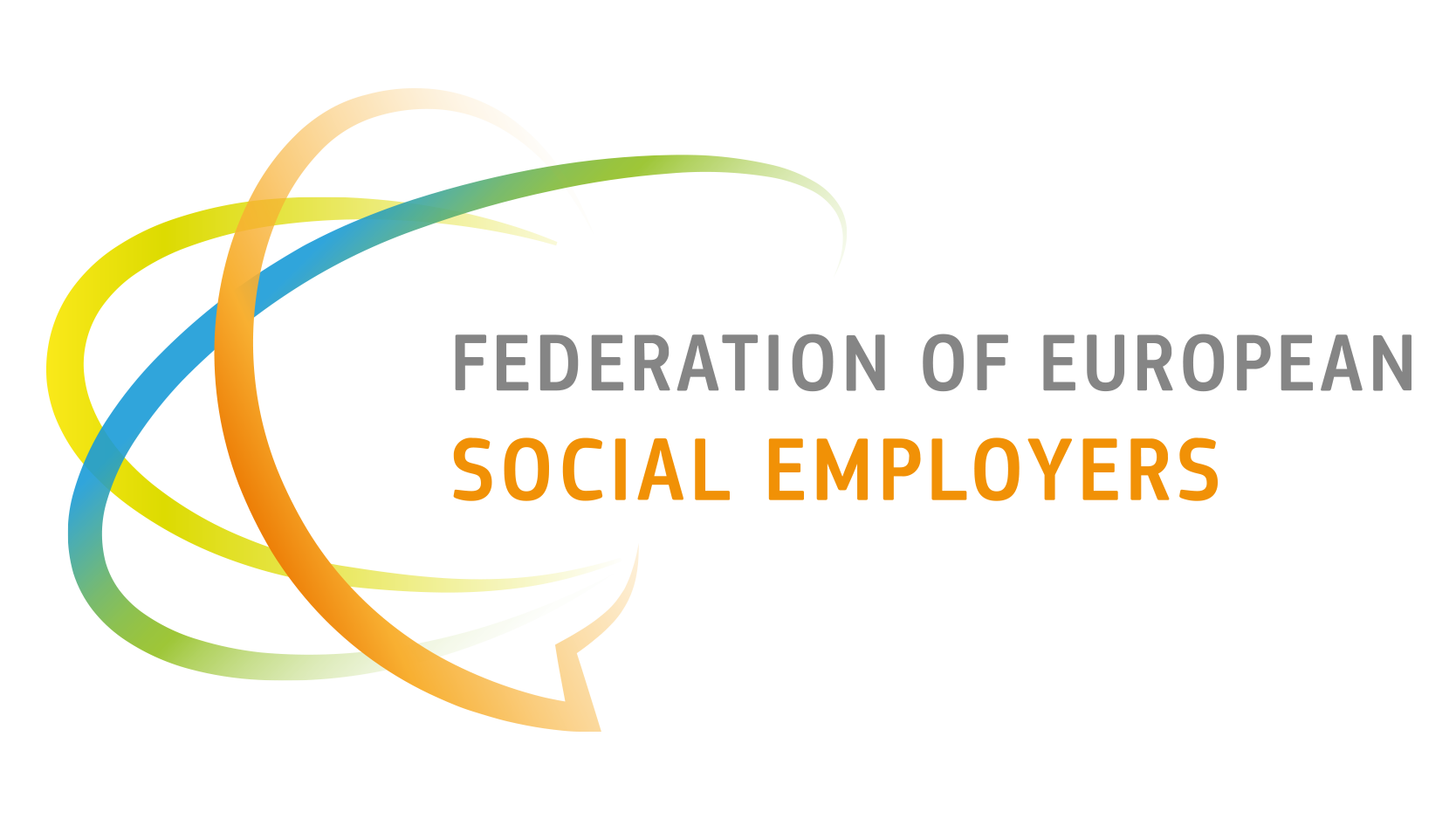European Commission's Action Plan on Labour and Skills Shortages: The Social Employers and EPSU Joint Contribution

To address the labour and skills shortages affecting many sectors in Europe, the Commission has decided to launch an action plan at the end of March 2024. The Social Employers and EPSU presented their joint contribution to this plan.
The contribution points out the dual impact of labour and skills shortages on social services. On one hand, they are particularly impacted with a job vacancy rate surpassing the average. On the other hand, due to inadequate funding, they struggle to facilitate access to employment for individuals facing exclusion from the labour market due to disability, illness, social circumstances, or family responsibilities like caring for children, elderly parents, or relatives in need of informal care. Notably, these responsibilities predominantly fall on women.
This circumstance results in inadequate fulfilment of social needs, such as prolonged waiting lists and a decrease in the availability of support services. In addition, it has a negative long-term effect in a context of ageing population. Europe’s working population will shrink significantly over the next few years, which will have a major economic impact. To mitigate this, more support for participation in the labour market of underrepresented groups is needed.
The social partners highlight that shortages in the sector are above all, the consequence of chronic under-investment from public funders, who still see it as a cost rather than an investment in the future.
This results in financial difficulties for providers of social services and below-average wages, added to less favourable working conditions, prompting employees to exit the sector or choose not to enter it. Employers face a challenge in finding solutions, as their ability to take effective action hinges on securing adequate funding, a resource they frequently find lacking.
The proposed solutions to address labour shortages in social services, and indirectly in other sectors, lie in investing in these services, developing and recognising skills, improving working conditions, facilitating mobility, easing access to European funding for social services, and strengthening social dialogue in all countries.
The Social Employers and EPSU also emphasize that their work program for the Sectoral Social Dialogue Committee includes the development of a framework of action on retention and recruitment in social services. They also highlight their numerous joint initiatives in this field through position papers and project activities such as IWorCon, which formulates recommendations for improving working conditions and organises study visits to enhance the capacity of national social partners.
The full joint contribution is available here.
Note to editor
The Federation of European Social Employers is the voice of employers in the field of social services at European level, representing 31 members from 20 countries. This comprises all care and support services, especially for older persons, persons with disabilities, children and other excluded and disadvantaged persons.
The European Federation of Public Service Unions (EPSU) is the European trade union federation that represents the social services sector, covering millions of social service workers across the EU, the candidate countries, Norway, the UK and beyond, including Ukraine. EPSU represents workers in public and non-profit services, as well as in private care companies such as Clariane, Orpea and Colisee.
For more information contact:
Tamara Gomez-Sanchez
Project & Communications Officer
Tamara.gomez-sanchez@socialemployers.eu
